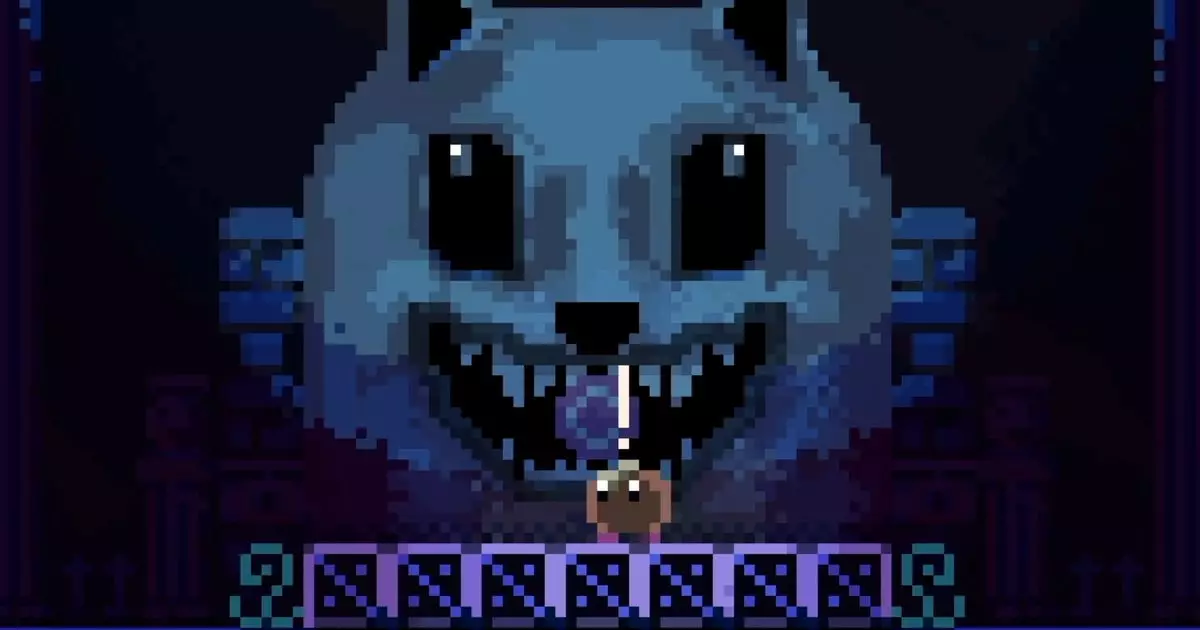The landscape of independent video gaming has significantly transformed in recent years. With each passing year, the games produced by indie developers seem to diverge further from a singular narrative, setting the stage for a diverse array of experiences. As we look towards the upcoming Independent Games Festival (IGF) Awards, the omissions and nominations have sparked fascinating discussions around creativity, merit, and the evolution of the gaming culture. This reflection is not solely about what was included or excluded but rather about the richness and variety that independent games now showcase.
The IGF has been a bastion for creative freedom and originality since its inception 26 years ago. Unlike many awards that fall prey to the influence of big marketing budgets and rampant publicity, the IGF attempts to celebrate true innovation and artistic expression. Winning at the IGF offers recognition that carries weight in the gaming community, and this year’s nominees reflect a remarkable splatter of genres and narratives, highlighting the medium’s continued growth.
Among the standout titles poised for recognition this year is Jenny Jiao Hsia’s “Consume Me,” which has garnered five nominations, emerging as a significant contender. Following closely is “Despelote,” a soccer-themed narrative game, which has picked up four nominations, representing a growing fascination with games that explore social and cultural themes. Rounding out the trio is “INDIKA,” another innovative project showcasing a blend of storytelling and gameplay that resonates with players on various levels.
In what might come as a surprise, noteworthy titles like “Balatro” and “Animal Well” have not secured nominations, despite having garnered praise and a strong following last year. This absence raises important questions about the criteria for recognition. Do these snubs hint at a broader trend? The indie gaming landscape is now so expansive that it appears to be challenging the traditional pathways to acknowledgment. The understanding of ‘best’ is more subjective than ever, and what resonates with one audience may fall flat for another.
The current landscape paints a picture of an industry evolving beyond the stereotypes of the past. There was a time when indie games seemed to adhere to familiar structures and themes, often escaping the status quo hero or the universal quest narrative. Now, however, developers are experimenting fearlessly with unique storytelling techniques and gameplay mechanics. Names like “Caves of Qud” and “UFO 50” signify this shift, appealing to niche audiences without compromising their vision or gameplay depth.
Interestingly, the growing diversity in gameplay and narratives corresponds with shifting cultural values regarding gaming itself. As a medium, games are now being accepted as valid forms of art, making the dialogues around them richer and far more nuanced. Some titles explore themes like personal identity, social issues, or philosophical quandaries—all with varying degrees of complexity. The absence of a dominant cultural narrative allows for fresh perspectives that challenge traditional gaming genre conventions, opening the door for discussions that were previously absent from mainstream conversations.
Looking ahead, it will be crucial for the IGF and other gaming accolades to adapt continually to this evolving narrative landscape. The challenge lies not only in recognizing traditional markers of excellence but also embracing the spirit of innovation that embodies indie development. The honorable mentions, such as “Mouthwashing” and “Tactical Breach Wizards,” indicate a space teeming with fresh ideas and creativity, expanding the notion of what independent games can achieve.
The future of indie gaming does not solely rely on commercial success or recognizability. Rather, it is the unique storytelling methods, aesthetics, and player experiences that will define its success. By uplifting a wide range of voices and styles, the IGF can foster an environment that celebrates true artistic expression within the gaming community, ensuring every innovative effort receives due recognition.
Ultimately, the conversation should not end with awards or accolades; instead, it should spark further exploration and appreciation of the incredible array of stories waiting to be told through games. As developers continue to push boundaries, audiences—and award committees—must remain attentive and open to the innovative possibilities they bring forth. In this way, the realms of gaming, artistry, and cultural discourse can thrive together.


Leave a Reply